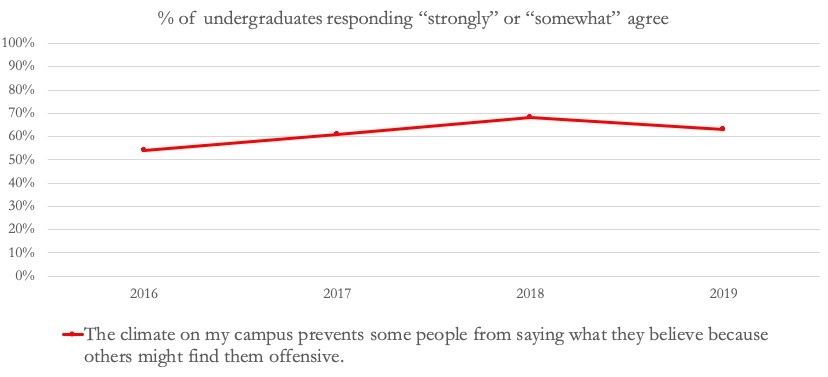als ehemaliger asta vorsitzender wirst du ja auch wissen, dass da selten experten für Stellenausschreibungen zu finden sind sondern vor allem ein haufen junge IdealistInnen.
wie du merkst ist es mir nicht egal, wenn solche kleinigkeiten von der rechten Presse zum Problem aufgeblasen werden.
Ach so, des war alles gut gemeint, na das entschuldigt dann genau gar nichts.
Die rechte Presse war hier mal nicht das Problem, sondern die "Kleinigkeit".



